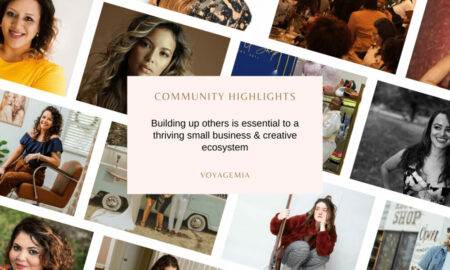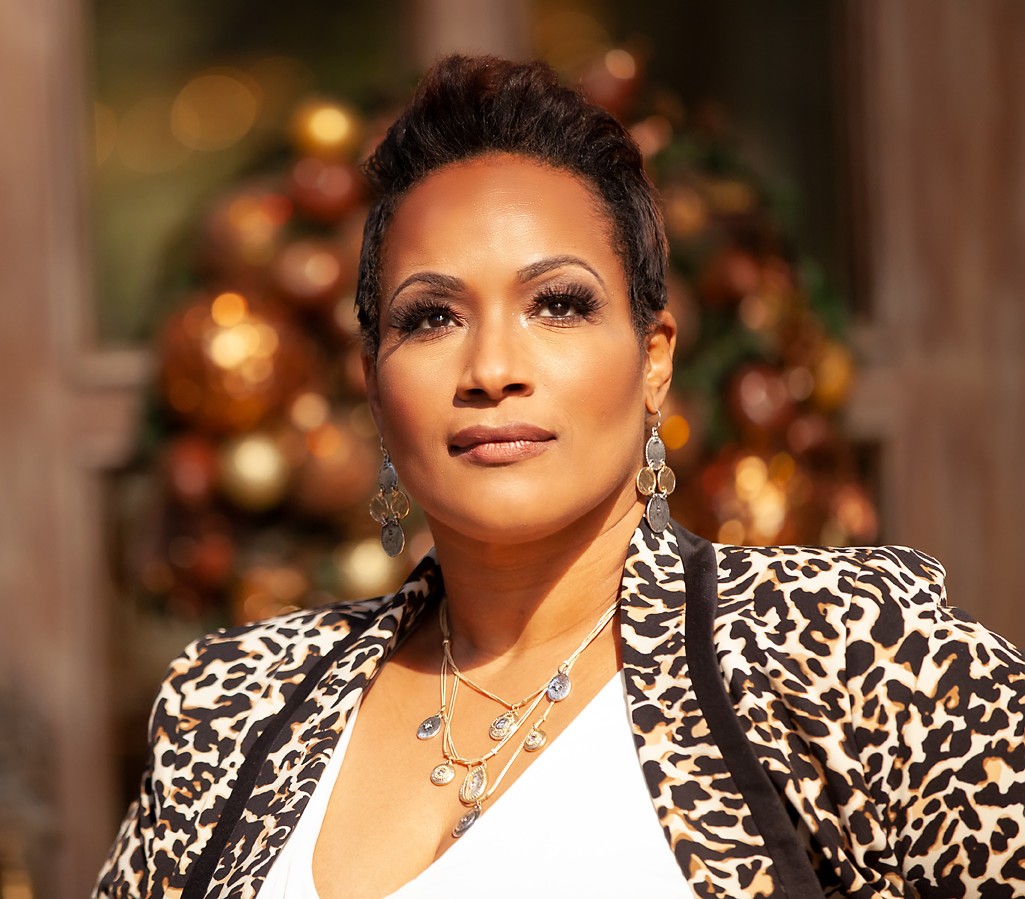

Tresa Chambers shared their story and experiences with us recently and you can find our conversation below.
Tresa, so good to connect and we’re excited to share your story and insights with our audience. There’s a ton to learn from your story, but let’s start with a warm up before we get into the heart of the interview. What do the first 90 minutes of your day look like?
I insist on easing into my days. I haven’t used an alarm clock to awaken for more than a decade. That allows me to begin the day with a regulated nervous system. When I begin to stir, I visualize how I want my day to go, and as I emerge further from the grogginess of sleep, I reach for my phone to read the news of the day. I am big on following the news. National and international news more than local news. I have no idea what’s happening in my own neighborhood, but I can tell you about what’s happening in Gaza and Sudan. When I finally get out of bed, I make my way to the kitchen and briefly stick my head out the front door for a weather check. Next, I make coffee and breakfast, watch the highlights from the previous late night comedy shows, then shower, dress, and get to work.
Can you briefly introduce yourself and share what makes you or your brand unique?
I am a brand a publishing strategist, but what I really love to do is launch things. Books, brands, products, whatever. At my company, Tenth Muse Enterprises, I work with thought leaders on using their books to gain visibility. I work with artists, museums, arts organizations, and creative entrepreneurs to connect with their audiences and educate diverse communities primarily about Black art, culture, and history. Tenth Muse is focused on empowering the creative economy. To that end, last year, I launched Mawu Greetings, a line of culturally inclusive greeting cards, stationery, and gifts featuring designs by Black, Brown, and other historically marginalized artists. I’m currently working on continuing to build the brand by collaborating with more artists and developing a new product line, as well as identifying new opportunities for artists to increase their exposure.
Great, so let’s dive into your journey a bit more. What’s a moment that really shaped how you see the world?
When I started my career, I had been taught to focus on having a traditional career in familiar fields. I chose publishing because I was a good writer and I enjoyed the news. I was encouraged to go into journalism, but I found myself more often drawn to the creative aspects of publishing. I loved working with the art director, graphic designers and photographers. I learned that my writing skills could be applied in marketing and I begin to pursue opportunities in communications. Then, I had the chance to work at a children’s books packager where I was able to work closely with a talented creative director who saw my skills in brand marketing and messaging and he saw that I had a creative eye, too. He would ask me for my opinion on designs and concepts and I became more interested in exploring opportunities in creative communication and branding.
What have been the defining wounds of your life—and how have you healed them?
After I graduated with my master’s degree in publishing, I was ready to take on a senior role, but completing my degree collided with the 2008 market crash the market and the industry was bleeding jobs, so I found myself working in the tech industry doing brand marketing. I loved it! I was on the cutting edge of entertainment technology and a lot of my skills and experience were relevant. By then, I had learned to hone my skills as a project manager, and I was able to provide creative input. I even came up with an invention that was patented by the company and I thought I would have a great future. Then, suddenly, my job was eliminated and I was let go. I was shocked and confused. I thought that my ability to contribute to the tech side of the business as well as the marketing side had positioned me to have a good future at the company. This hit me hard, and I found myself in unfamiliar terrain, unsure what to do. I lost confidence in myself and in the whole notion of what it means to build a career in corporate America. Since then, I have been in and out of corporate jobs and I have become more pragmatic about the nature of work. I make sure that I am thinking about what is best for me and I negotiate terms that are in my best interest with no expectation that anyone else, certainly no corporation, has my best interest in mind. I have to forge my own path, and I don’t forget that. It has given me a sense of empowerment that allows me to make the best choices for me.
Alright, so if you are open to it, let’s explore some philosophical questions that touch on your values and worldview. Is the public version of you the real you?
Generally, yes. I am a positive, upbeat and compassionate person. I’m also genuinely interested in people. I’m also an introvert, which means that my interest in people can be draining for me after a time and I need to be alone and silent for periods of time to reset.
Thank you so much for all of your openness so far. Maybe we can close with a future oriented question. Are you doing what you were born to do—or what you were told to do?
I was told to do get a good job and to do my best at whatever I do. That’s what I’ve worked to do no matter what. From an early age, I was put in a position to find my way without much guidance. So, even when I didn’t know it or when I struggled, I have always done what I’m born to do. And I just know to keep going.
Contact Info:
- Website: https://www.tenthmuseenterprises.com/
- Instagram: https://www.instagram.com/musewithme/
- Linkedin: https://www.linkedin.com/in/tresac/
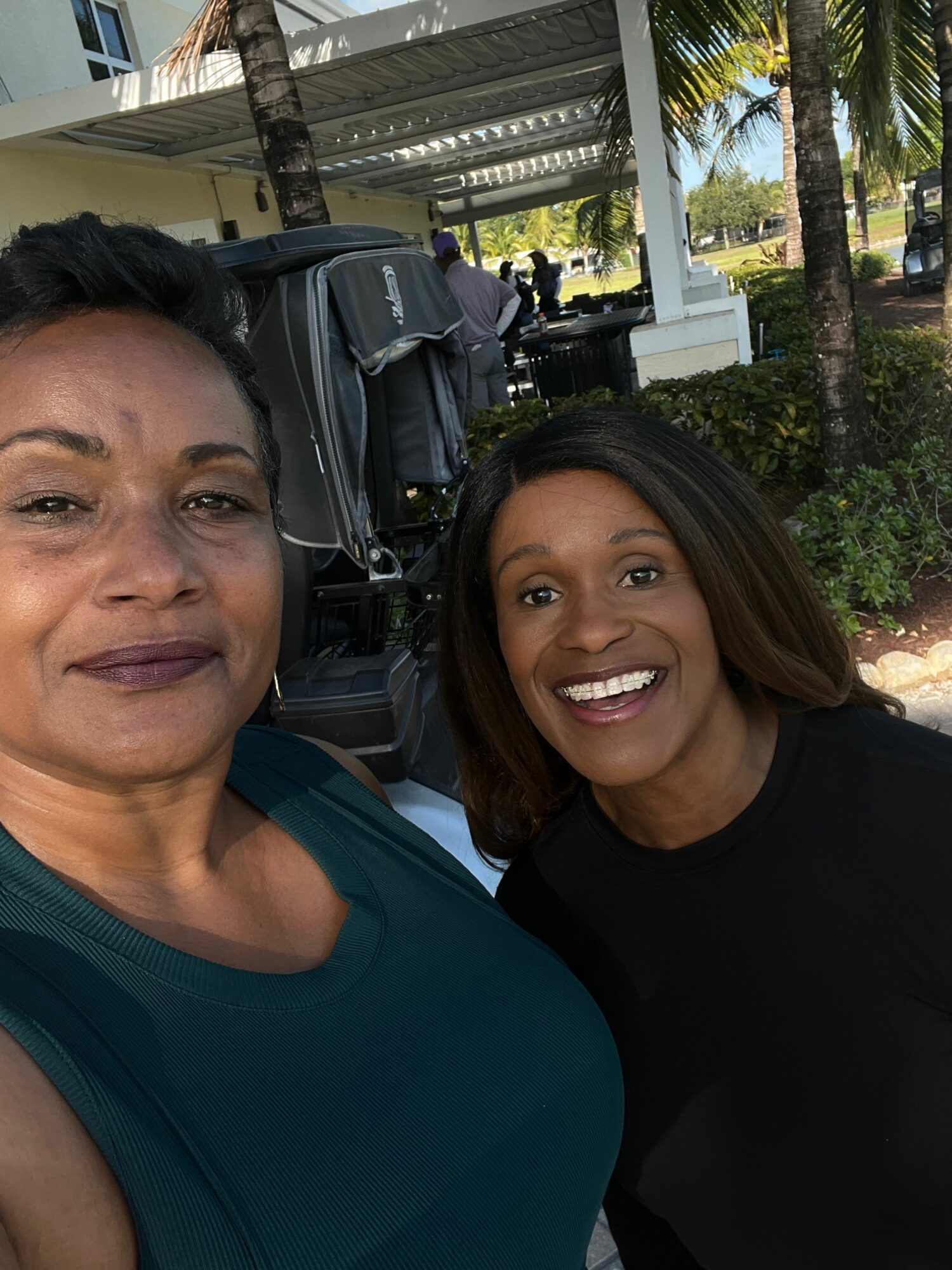
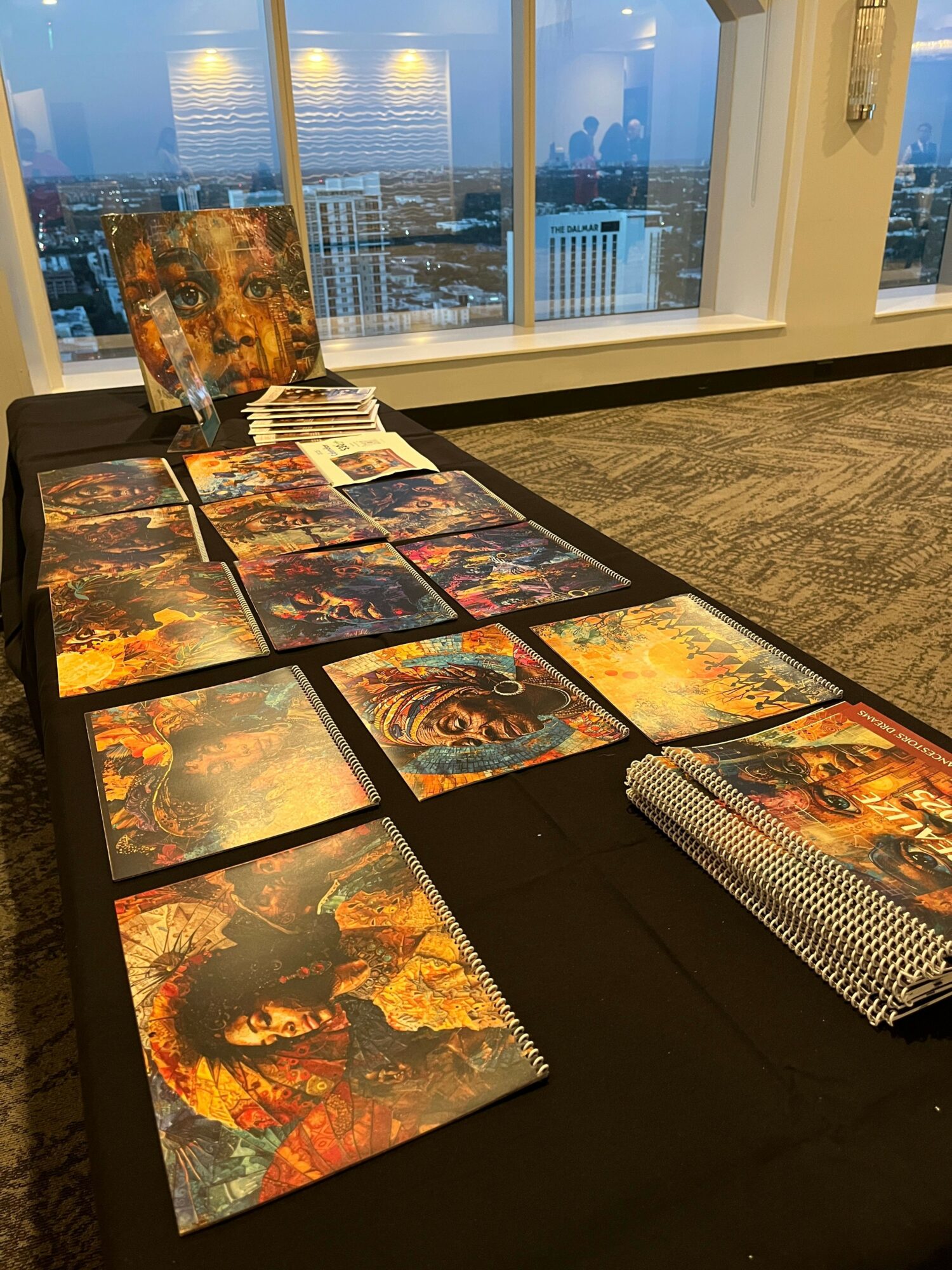
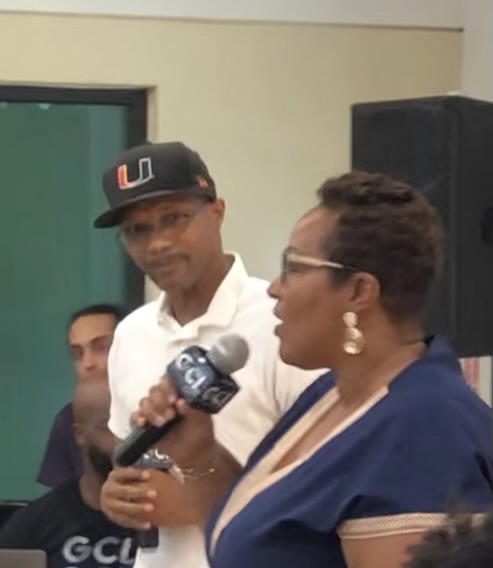
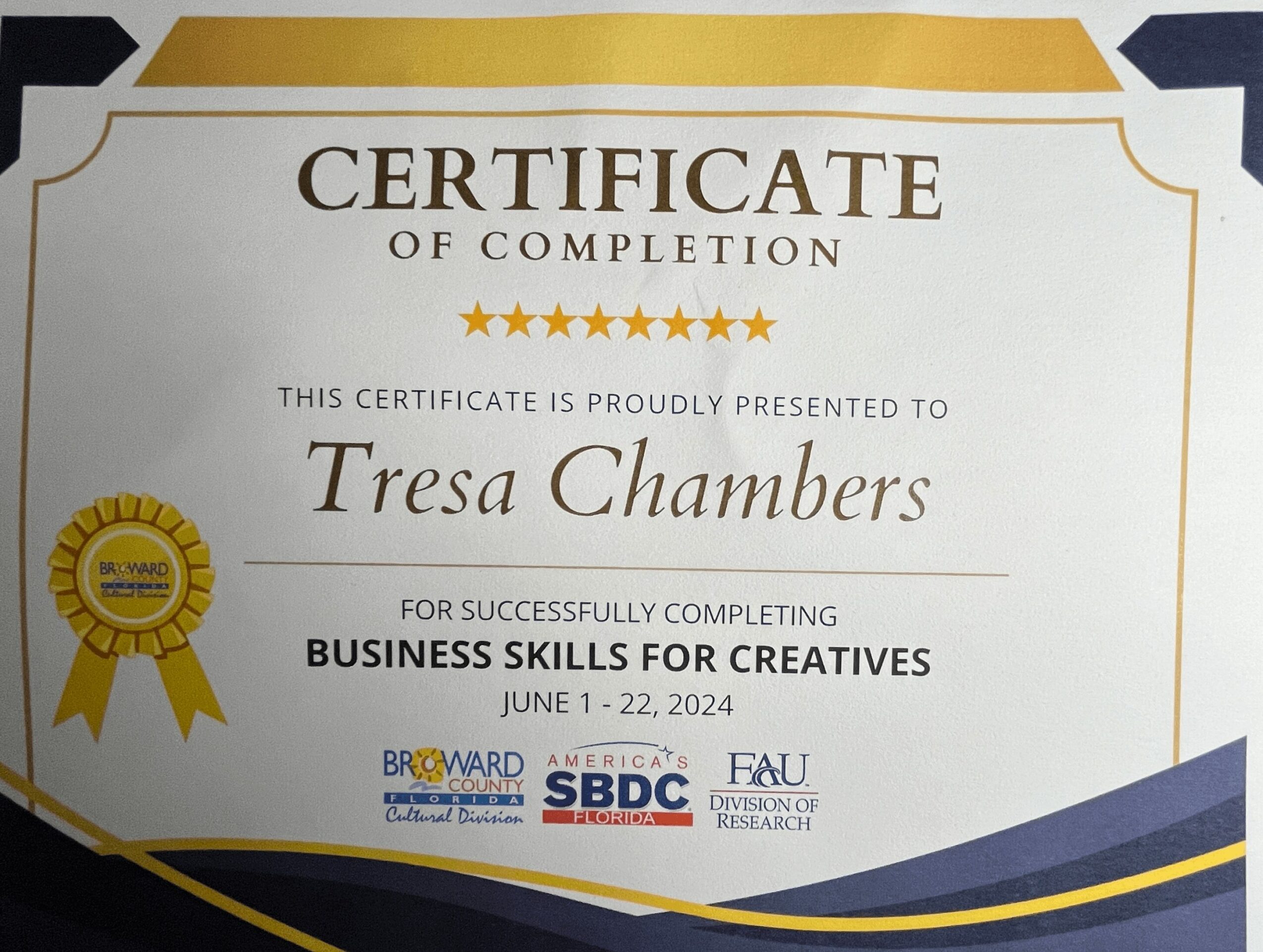
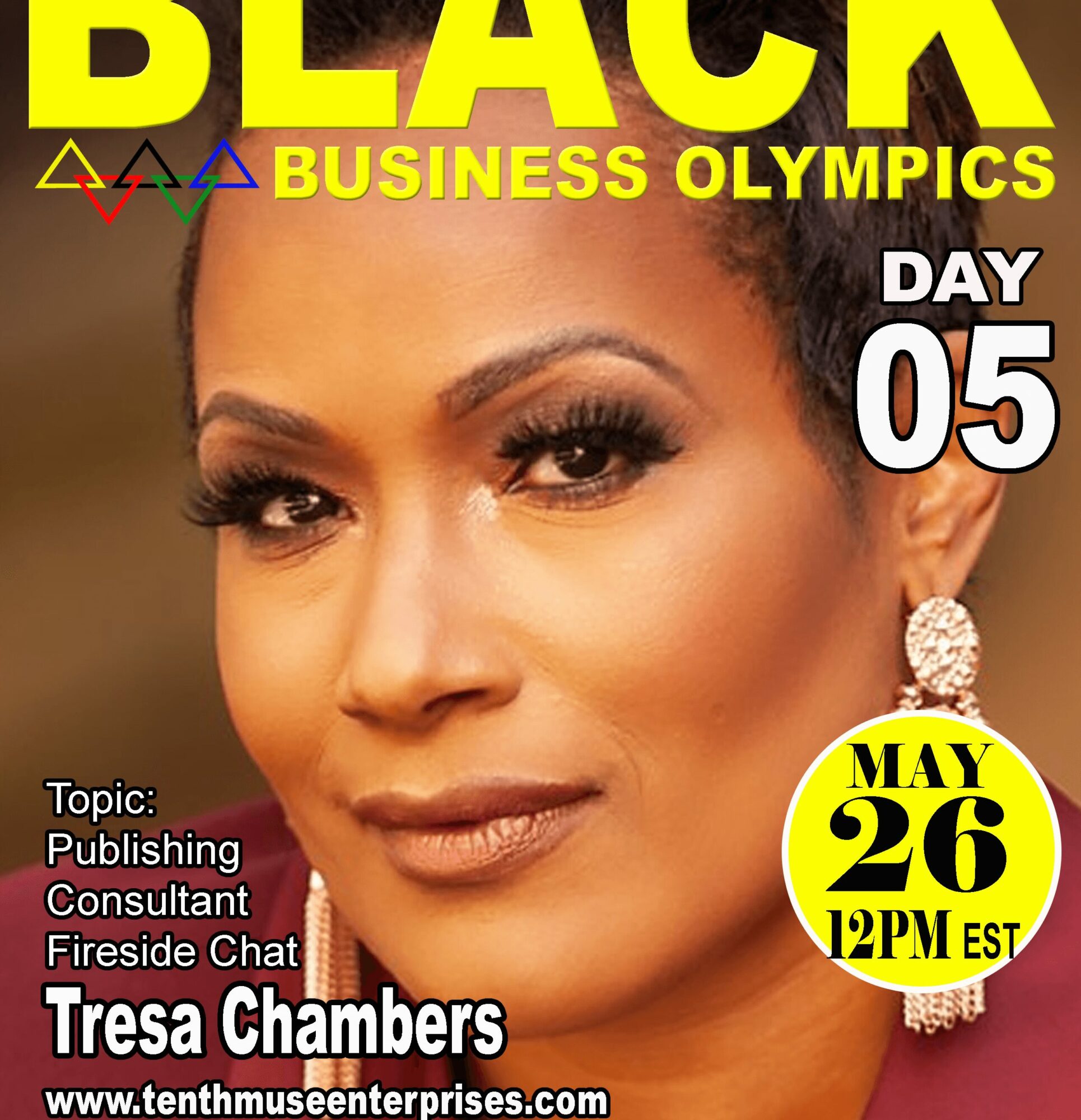
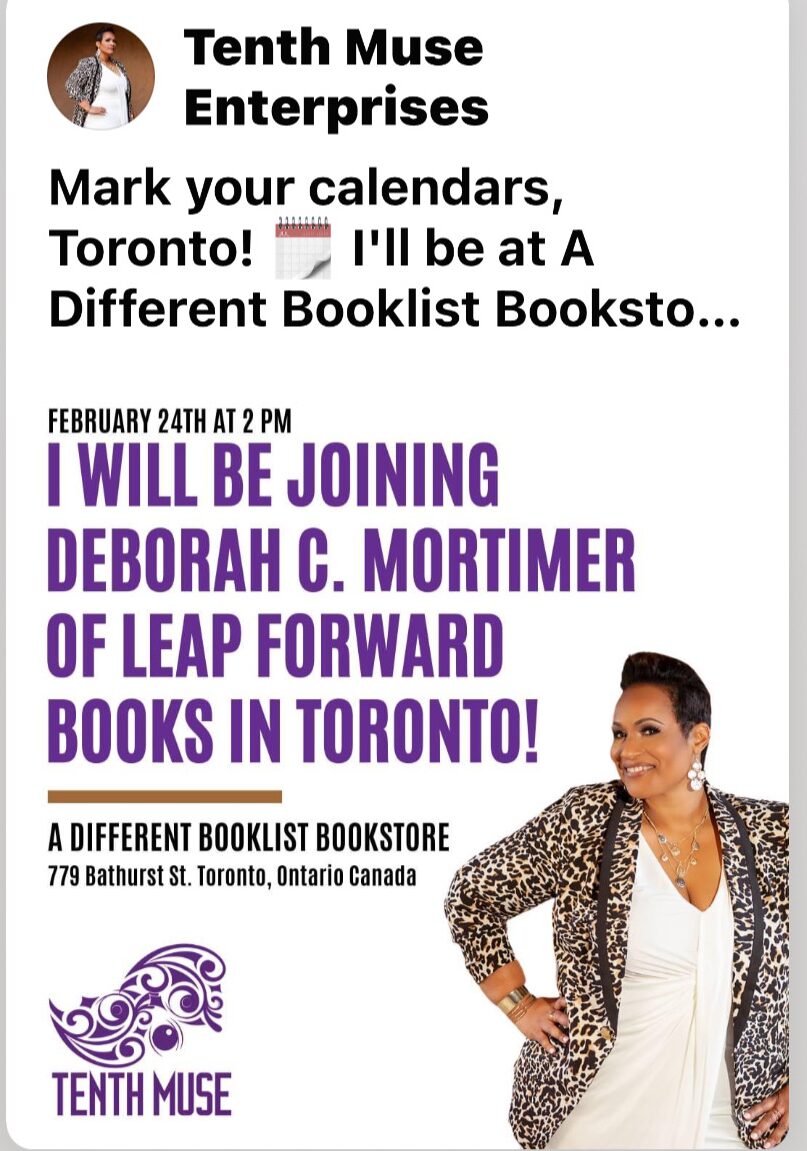
Image Credits
Headshot photo credit: Tyson Pough
All other images owned by subject










